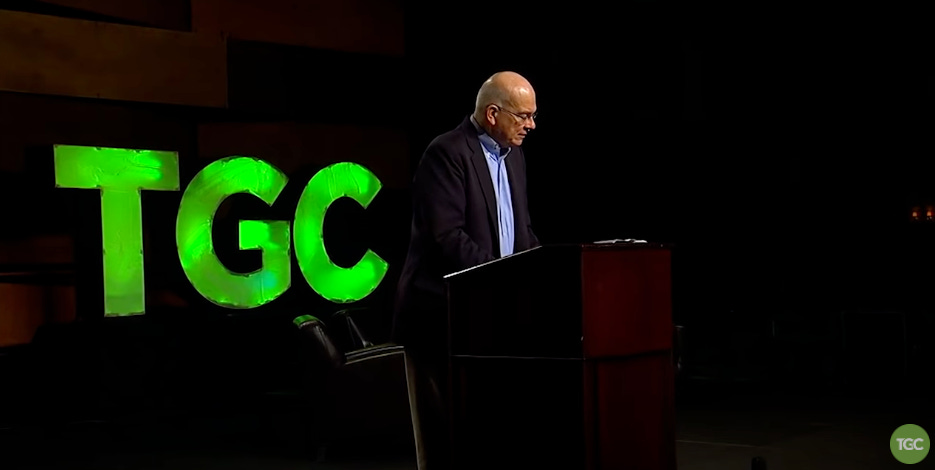A few days ago, James Wood, an associate editor of First Things (whom I’ve had the pleasure of meeting) published a fascinating web exclusive titled, “How I Evolved on Tim Keller.” You should read James’s entire piece, but the gist of it is uncomplicated. James is an admirer of Tim Keller and his ministry but believes Keller’s approach to public theolog…
© 2024 Samuel D. James
Substack is the home for great culture



